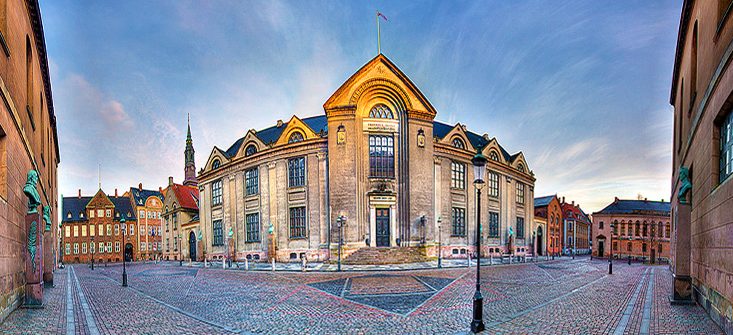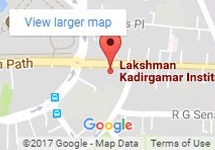
Reading Time: < 1 min read
LKI Research Fellow, Adam Collins, recently spoke on Sri Lanka’s positioning as an Indian Ocean economy at a research workshop entitled ‘Trading the World: Routes, Resources and Realignments.’ The two-day event was held on 22-23 August 2019 at the University of Copenhagen, Denmark, and was convened by Professor Ravinder Kaur, Director of the Centre of Global South Asian Studies at the University of Copenhagen, and Professor Engseng Ho, Professor of Cultural Anthropology at Duke University. The workshop was the final event of the University of Copenhagen’s Emerging Worlds research programme, and brought together a multidisciplinary group of researchers to discuss the new geographies created by the ongoing phenomenon of “opening up” the world for trade.
Mr. Collins centred his remarks on the opportunities and challenges related to Sri Lanka’s attempt to position itself as an Indian Ocean economy. He noted that this strategy is driven by the recognition of Sri Lanka’s strategic position at the centre of the Indian Ocean region, close to major shipping routes, as well as frustrations at the limited progress of economic integration in South Asia.
While strengthening ties with other Indian Ocean countries present significant opportunities to grow and diversify Sri Lanka’s economy, it also presents a number of challenges. In particular, Mr. Collins highlighted that there are many lingering barriers to free trade and investment flows in the Indian Ocean region. In addition, the Indian Ocean’s network of regional organisations are still at a nascent stage, and there are significant variations in their scale and capacity. He also noted that Sri Lanka faces the challenge of maximising the benefits of the various mega-regional infrastructure investment initiatives at work in the region, such as China’s Belt and Road Initiative, without compromising its economic stability or national sovereignty.
Image Credits: Mik Hartwell/Wikimedia Commons



